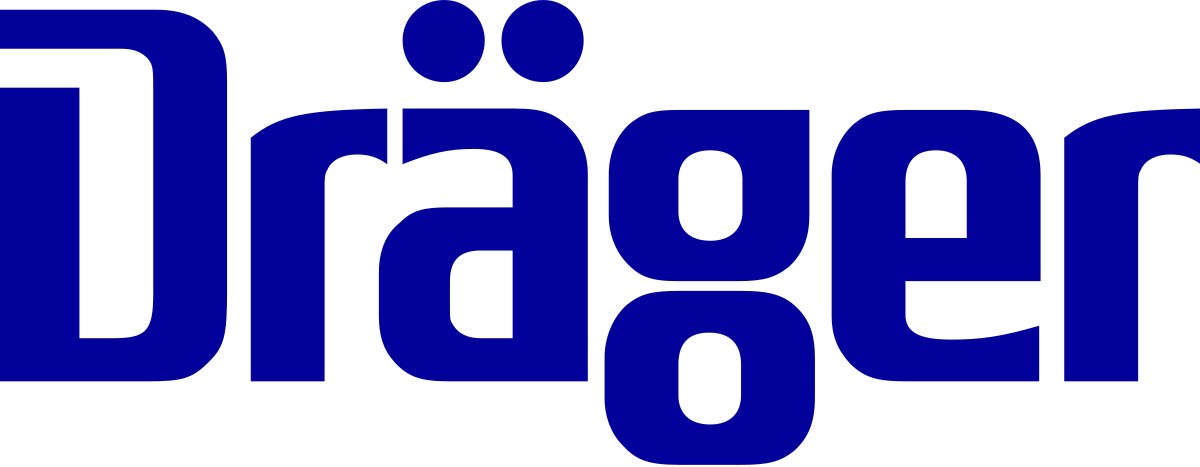DNP Research SurveysEach year, NYSANA members support DNP research by answering survey questions. The following surveys are currently open for CRNA participation only. Clevidipine Perioperative UseThe purpose of this project is to appraise the current perioperative use of clevidipine within New York (NY) state and to identify if there are discernable reasons that may explain low clevidipine use outside of cardiothoracic and neurosurgical cases. Survey close date: 10/20/2025 Analysis of Burnout Rates Among CRNAs in New York and Barriers to Use of Effective Coping MechanismsStudy findings indicate that healthcare worker burnout can result in physical and mental health problems as well as relationship problems for the provider. Furthermore, healthcare institutions suffer financially from provider burnout, which is linked to increased staff turnover and shortages (Del Grosso & Boyd, 2019). The CDC reports that forty-four percent of healthcare workers intend to look for a new job as of 2022 (CDC, 2023). Leah et al. (2022) found that 79.3% of CRNAs surveyed felt disengaged from their job or experiencing burnout. With CRNAs being a major part of anesthesia care in this country, it is imperative we examine this issue. Burnout can be effectively managed when people in stressful jobs use proper and healthy coping mechanisms. The American Psychological Association (APA) defines coping mechanisms as “any conscious or nonconscious adjustment or adaptation that decreases tension and anxiety in a stressful experience or situation” (APA, 2018). Resiliency training, mindfulness meditation, physical exercise, spirituality, optimizing shift length, and regularly scheduled entertainment activities can help reduce burnout. However, it is not all on the individual provider to help combat burnout. The companies for which they work also play a significant role in ensuring the mental health of their employees. Yu et al. (2022) demonstrated that when institutions take steps to improve resiliency in their nurses, there is less burnout and better patient care. However, little to no research has been conducted to examine if CRNAs are actively participating in effective coping mechanisms. Furthermore, we must delve deeper to understand why CRNAs are not participating in these activities to help guide future research. Survey close date: 10/22/2025 Motivation and Behaviors in Addressing Climate-Related Health RisksGuided by the I-CHANGE Model as the conceptual framework this study aims to explore climate anxiety and nurses’ awareness, motivation, and behaviors in addressing climate-related health risks in New York State. Although climate anxiety is a growing area of study in nursing research, to our knowledge this is the first study that will examine the levels of climate anxiety and climate-related nursing practice across a variety of nursing professions in New York State. The knowledge gained by probing these concepts and practices can inform the creation and implementation of resources needed to address climate anxiety and climate-related health risks that meet the needs of the nursing profession. Survey close date: 12/31/2025 Point of Care Ultrasound SurveyPoint-of-care ultrasound (POCUS) is an increasingly accessible versitial tool that falls within the scope of practice of all advance practice nurses, including Certified Register Nurse Anesthetist (CRNA). The purpose of this DNP project is to assess how POCUS is utilized by practicing CRNA's, evaluate their confidence and training in its use, and identify barriers that may limit its routine use. The goal of this investigator is to use the data collected to inform recommendations to minimize barriers to POCUS utilization that may include guidelines and continuing education opportunities for both practicing and student CRNAs. Survey close date: 9/22/2025 |


